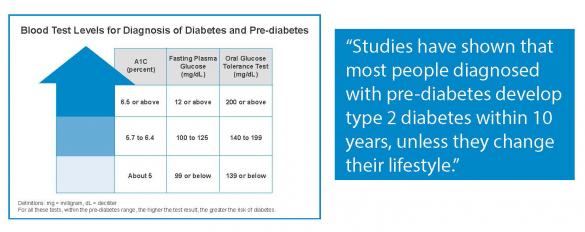Cardiovascular Health Screening

Nhi Le, M.D. FAARM, ABAARM
Internal Medicine - Board Certified
Cosmetic Dermatology
Functional & Regenerative Medicine - Board Certified

Cardiovascular Health Screening in Victoria, TX
Your cellular metabolism and your cardiovascular system (heart and blood vessels) are very intricately linked. For various reasons – not just age – our metabolism changes. Our personal chemistry controls these changes and they can be measured in SpectraCell’s CardioMetabolic panel, which covers the three main areas of keeping a healthy metabolic profile your whole life: Glycemic Control, Lipid Profile, and Vascular Inflammation.
CardioMetabolic Testing
Cardiovascular disease is the leading cause of death. Standard cholesterol tests can miss that YOU are at risk. SpectraCell’s CardioMetabolic test offers a clinically relevant evaluation to help define risk for atherosclerotic cardiovascular disease (ASCVD), progression toward Type 2 Diabetes, and inflammation. It includes SpectraCell’s Advanced Lipoprotein Particle Profile™ Plus (LPPTM Plus), which measures lipoprotein size and density; cardiovascular risk stratification; and also includes triglycerides and traditional cholesterol screening. Each patient is assigned a CardioMetabolic Risk Assessment, which is an indication of your risk (Low, Moderate or High) for developing cardiovascular disease, including stroke and diabetes. In addition, the Type 2 Diabetes Risk Assessment is an estimate of your risk of developing Type 2 Diabetes. These checkpoints help patients understand that not just one factor, but rather a constellation of risk factors, contribute to the genesis and progression toward poor blood sugar control and/or ASCVD. Results of testing allow doctors to know when guidance, educational referral, or treatment is necessary. Key components of the CardioMetabolic Risk Panel are listed below.

Who should take the CardioMetabolic Test or Pre-Diabetes Risk Panel?
All patients, and especially those who:
-
Have a family history of heart disease or diabetes
-
Have been diagnosed with heart disease or diabetes
-
Are already taking cholesterol-lowering medications
-
Have been diagnosed with Metabolic Syndrome (high blood pressure)
-
Are overweight
-
Have high LDL – the bad cholesterol
-
Have low HDL – the good cholesterol
-
Have high triglycerides
I’ve already had my cholesterol checked, why should I have the CardioMetabolic test done?
Standard cholesterol testing only gives you part of the picture leaving many people with “normal” cholesterol numbers unaware that they are still at risk for a heart attack. The National Cholesterol Education Program introduced new risk factors that are responsible for many individuals at risk for cardiovascular disease.
According to the NCEP guidelines, 50% of people who have a heart attack have normal cholesterol levels.
Cholesterol is carried throughout the body in little balls called lipoproteins. It is the lipoproteins, not the cholesterol in them, that leads to clogging of the arteries.
PRE-DIABETES RISK
The Pre-Diabetes Biomarkers identify metabolic abnormalities that may progress into diabetes. Pre-diabetes is a condition where the body cannot efficiently metabolize foods, especially carbohydrates, resulting in impaired glycemic (blood sugar) control which may progress to diabetes when not properly treated or addressed through lifestyle changes.

-
Glucose – a snapshot of blood sugar at the time of blood draw
-
Insulin – correlates to the efficiency with which a person can metabolize carbohydrates; high fasting levels indicate insulin resistance and possible pre-diabetes.
-
Hemoglobin A1C – long term (2-3 months) marker of glycemic control; also considered a marker of accelerated aging
-
C-peptide – a measure of endogenous insulin production; useful in distinguishing between type 1 and type 2 diabetes
-
Adiponectin – a hormone that enzymatically controls metabolism; high levels beneficial and indicate efficient cellular energy production
-
Metabolic syndrome traits – A diagnosis of metabolic syndrome is confirmed if any three of the following six traits exist in a patient: (1) high triglycerides (2) high glucose (3) low HDL (4) high blood pressure (5) high waist circumference or (6) increased small dense LDL
